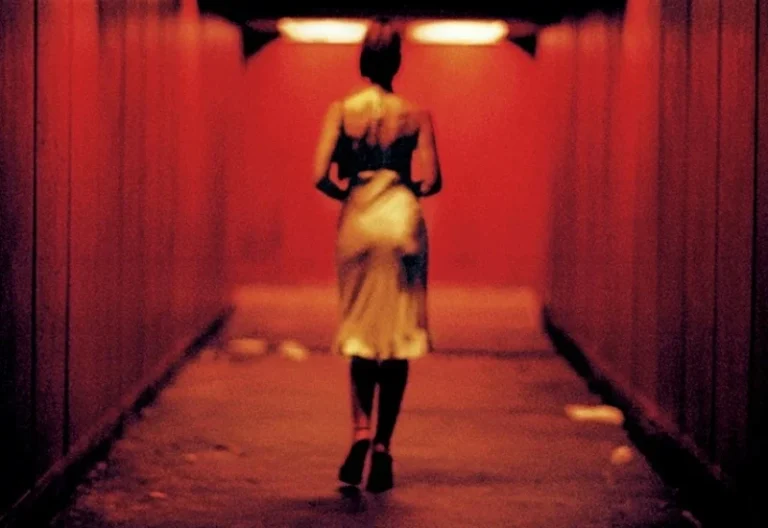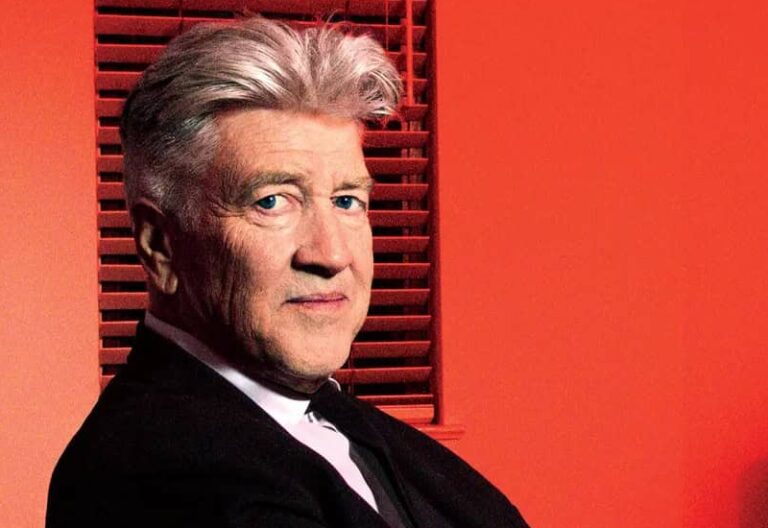amour review
film by Michael Haneke (2012)
Mortality affects us all and is the one inevitability we all share. It is invariably a shared experience we all connect with on some emotional level, and a communal exchange that most of us associate as one of the connective threads to the human condition. Michael Haneke, the Austrian auteur whose films give many of us pause and possibly unwanted reflection through his introspective and subversive style of filmmaking, delivers “Amour,” an insightful and compassionate love story about our irrevocable fate.
Review by: Aaron Jones | Filed Under: Film Reviews
February 11, 2024
Anne (Emmanuelle Riva) and Georges (Jean-Louis Trintignant) are married, well-educated retirees in their eighties enjoying retirement until Anne suffers a stroke, limiting their freedoms and the tranquility of their lives. The film opens with somewhat of a spoiler; however, it is soon overshadowed by their experience, the bond that they share, and limitations suddenly forced upon them due to their own mortality, which we are all eventually faced with.
Haneke focuses on the pain of existence, one of the tragedies of growing old together, and the inevitability of watching a loved one deteriorate while the other’s health remains intact. Leaving one to witness the often slow process as their body and mind slip away, periodically revealing only fragments of their old selves.
One of the opening scenes shows a piano recital that never reveals the stage, which seems to connect to a later segment in the film where Anne looks through their old photo albums reflecting on the beauty of life, and even though her memories are eluding her, she remarks she may not remember all her experiences but she can recall the emotions attached to them. Maybe Haneke is suggesting that part of this process takes place in the here and now, akin to the recital, where one only absorbs the emotions as the experience immediately fades from memory, much like so much of the past.

Taking a very non-sensational approach, focusing on the slow-paced realism to demonstrate the gradualness which time can feel in the present, especially in moments of pain, and the fleeting speed at which it passes us by as we recite those emotional moments of the past much like the piano, which is symbolic of our memories. We see the many photographs of personal memories throughout the apartment, reminding our aging couple how quickly it all goes by.
While they try to enjoy what little social expectations they have by focusing on anything but their current situation, those with whom they come into contact want to focus on it, adding to a growing claustrophobic experience, abetting their further social withdrawal.
As Anne’s condition worsens, Haneke demonstrates there is little dignity in slowly dying as our bodies betray us, and the desire for privacy and to be spared the embarrassment and humiliation of being looked upon by intruding eyes with reflections of pity or fear only increases as family and friendly visits become more frequent and the need for outside assistance increases. By critiquing how our egos obstruct what is best for others, we willingly prolong the suffering of those already in pain in order to shield ourselves from emotional distress. This cruel act forces them to cling to life, all to spare ourselves from unwanted pain.

The recurring theme of the pigeon seemed to resemble the arrival of Anne’s illness and, while I have heard many explanations and how Haneke leaves these things open for interpretation, that was what it communicated to me. Especially on the pigeon’s second arrival and George’s reaction to it by catching and holding it, it only seems to foreshadow what is about to happen as well as hint at some kind of rescue fantasy. Showing that life goes on outside the realm of their apartment and those things still hold value to Georges and again going back to Anne looking at her photo album, the pigeon symbolizes the beauty of life on its return. Haneke is one of those directors who makes sure everything that is put on screen has a purpose and is communicating something deliberate to the audience.
As a predecessor and a great influence to the New Extremity movement, many believe that Haneke’s exploration of themes related to callousness and macabre preoccupations signifies a disturbing aspect within his directorial framework. I always felt, while dark in its subject matter, it originates from a place of compassion and moral consciousness rather than malice and looks upon his subjects with empathy. Showing us the tragedies and violence within his films to demonstrate how sordid and awful they really are rather than sensationalized and glorified depictions that are so common to media storytelling. Perhaps his aim, not confined to escapism, is to ground us in the moment and prompt introspection into our tragedies and fears.

Author
Reviewed by Aaron Jones. Based in California, he developed a passion for film from a young age and has since viewed over 10,000 films. His appreciation for the medium led him to film criticism, where he now writes for CinemaWaves, offering analysis of both contemporary releases and timeless classics. In addition to his work here, he has contributed to other publications as well. Feel free to follow him on Instagram and Letterboxd.
A decadent London aristocrat hires a man-servant to attend to his needs. However, the balance of power starts to shift. Joseph Losey’s 1963 film, The Servant is…
Envisioned on the picturesque coast of Southern California and based on the book of the same title, the collaborative efforts to put Midnight Cowboy on screen resulted…
In this classic thriller, Hans Beckert, a serial killer who preys on children, becomes the focus of a massive Berlin police manhunt. Beckert’s heinous crimes…
Cinema as an art form, has the unique ability to challenge societal norms, push the boundaries of storytelling and provoke intense emotions. One of the most striking…
Arthouse film refers to a category of cinema known for its artistic and experimental nature, usually produced outside the major film studio system. These films prioritize artistic…
Auteur theory is a critical framework in film studies that views the director as the primary creative force behind a film, often likened to an “author” of a book. This theory…






